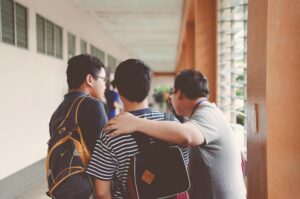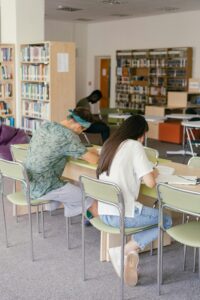This interview refers to the Susplus project which can be found in our Good Practices section.
GOOD PRACTICE OVERVIEW, CHALLENGES AND OPPORTUNITIES
What did you like the most about this practice?
High-quality, international, comprehensive knowledge in various areas of sustainable food systems development. Working with a wide range of stakeholders, a diverse perspective and knowledge is brought to the project.
What did you like the least about this practice?
Limited funding can hinder the implementation. Resistance from stakeholders, whether due to lack of awareness or vested interests, can impede progress and hinder the adoption of sustainable practices.
How can this practice be improved in the future?
Education and communication campaigns can empower individuals to make informed choices and actively participate in sustainability initiatives. Encouraging partnerships between institutions such as universities brings together diverse knowledge, resources and perspectives, which can lead to the separation of the food management education sector.
Do you think your understanding of Food Literacy and sustainable food systems has been improved after implementing this practice?
By providing targeted information and resources, SUSPLUS can help me develop knowledge and skills related to healthy and sustainable food choices. This program offers capacity-building activities, such as workshops, training sessions and community engagement, to empower individuals and communities to adopt sustainable food practices. It fosters the development of practical nutrition skills and sustainable food systems.
Have you made any changes to your diet yet after implementing this practice?
I didn’t make any changes to my diet, but that’s only because I already cared about balanced and balanced nutrition.
Do you have any ideas, how can sustainable food systems be promoted among young people/children?
Sustainable food systems and healthy nutrition should be for sure promoted among young people/children. organize meetings dedicated to this subject, trainings, workshops, etc.







